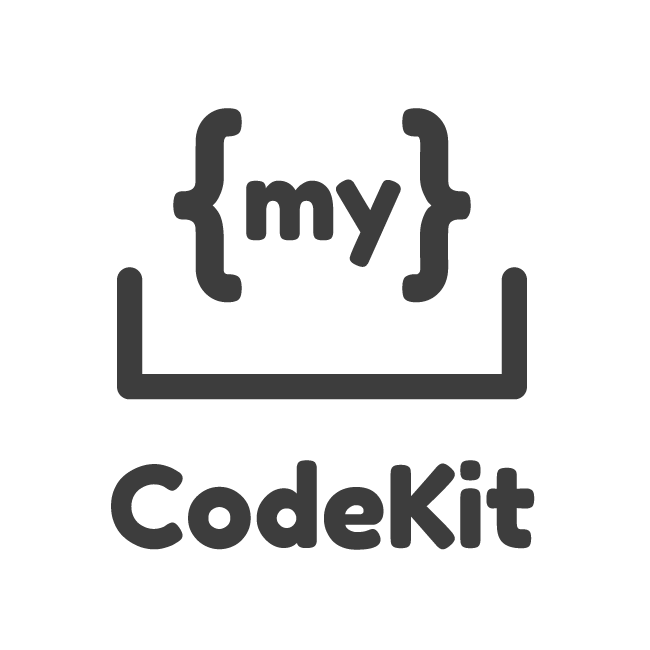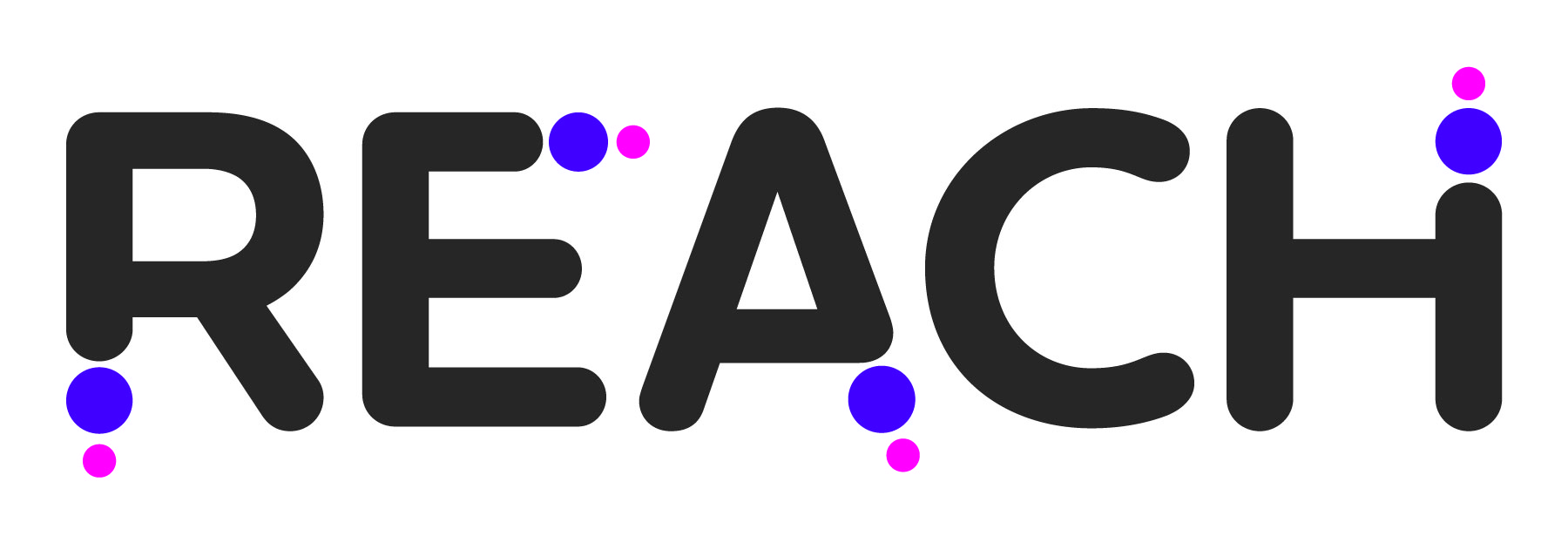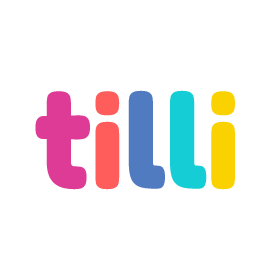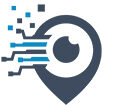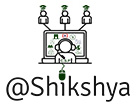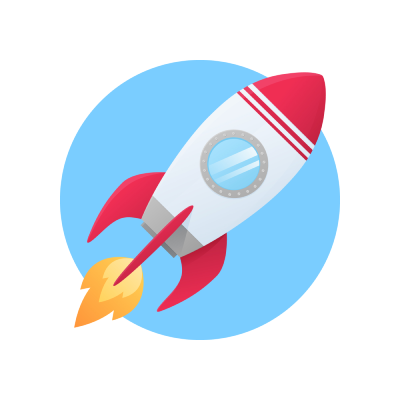Deadline for Phase I Abstracts
Competitors submit an abstract describing the concept for their tool and responding to the evaluation criteria.
Select competitors invited to Phase II
Deadline for Phase II Proposals
Competitors develop a proposal and budget detailing their tool and its technology and responding in detail to the evaluation criteria. Rubrics will be posted when Phase II opens.
Finalists invited to Phase III pitches
Phase III Pitches (virtual)
Finalists pitch before a panel of expert judges and have the opportunity for support and feedback in crafting their pitch.
Winners Announced
Winners are announced and receive the first installment of their award. Winners receive coaching, the opportunity to connect with leaders in the field, and the ability to present to researchers or to refine their tool.
Year Following the Competition - Winner Impact Study
All winners will work with Georgia State University during the year following the competition to define impact measures for their tool and set up processes for ongoing data collection and evaluation.
Product Review Day
Winners present on their progress to date and receive feedback from other winners and leaders in the field. Progress is considered against winner’s proposal and receive the second installment of their award after Product Review Day.

